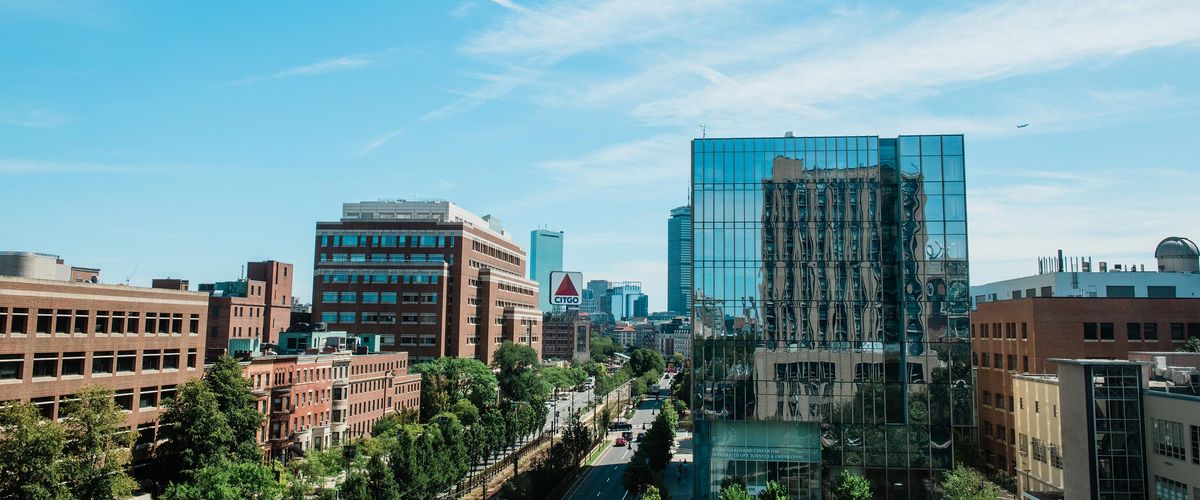- Starts: 10:30 am on Wednesday, June 9, 2021
- Ends: 12:30 pm on Wednesday, June 9, 2021
Title: Enhanced Reconstruction and Material Recognition in X-Ray CT for Security Applications
Presenter: Sandamali Devadithya
Advisor: Professor David Castañón (ECE, SE)
Chair: Professor Janusz Konrad (ECE)
Committee: Professor W. Clem Karl (ECE, SE, BME), Professor Vivek Goyal (ECE), Professor Lei Tian (ECE, BME)
Abstract: X-ray Computed Tomography (CT) is a non-destructive way of imaging object interiors, with broad applications in medical, industrial, and security imaging. This dissertation is motivated by X-ray CT for security imaging. In security applications, CT scanners are used at airports to scan passenger baggage, parcels, and air cargo. Unlike other imaging applications, security imaging needs to characterize the materials being scanned. Material characterization requires accurate estimation of properties such as effective atomic number and density of all constituent materials. X-ray CT offers the potential for estimation of such material properties, particularly when multiple sets of measurements of the scene are acquired with different spectral energy distributions. However, the reconstructed images have distortions due to monochromatic approximations, low signal-to-noise ratio, and the presence of high-density material such as metal. Coupled with the wide range of possible materials in baggage, these distortions can lead to inaccurate material characterization. This is further compounded by the use of limited view sensing geometries, which are increasingly used because of lower costs and lower dosage for increased throughput. In this dissertation, we provide novel reconstruction algorithms and material characterization algorithms for multi-spectral X-ray CT. We first explore dual-energy CT (DECT), where two distinct sets of measurements of the scene are captured. We decompose the measurements into basis sinograms and generate basis coefficient images to estimate material properties. We integrate metal artifact reduction techniques commonly found in single energy CT with dual-basis image reconstructions and propose novel reconstruction algorithms to reduce noise and metal artifacts in DECT. We further explore various alternative basis functions for enhanced material identification. We then extend the reconstruction algorithms to generate basis coefficient images from multi-spectral CT (MECT) where more than two sets of measurements are collected. We propose a novel technique to estimate effective atomic number and electron density with MECT combing basis coefficient image reconstructions and direct energy bin attenuation coefficient image reconstructions. Finally, we extend our reconstruction algorithms for artifact reduction in a commercial 3D cargo scanner with limited angle illumination.
- Location:
- https://us02web.zoom.us/j/83608455486?pwd=OGwvMldPeFNJTW1LaFNEc3l6cHJ2UT09
